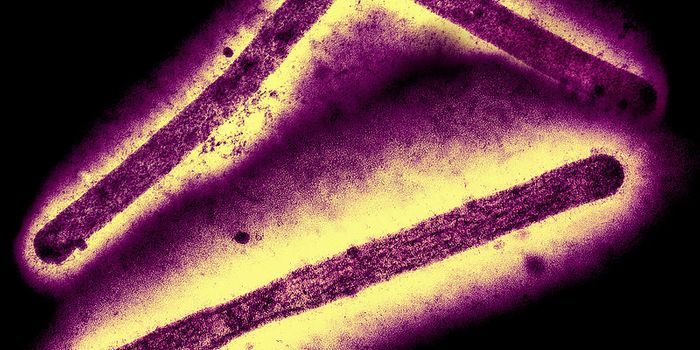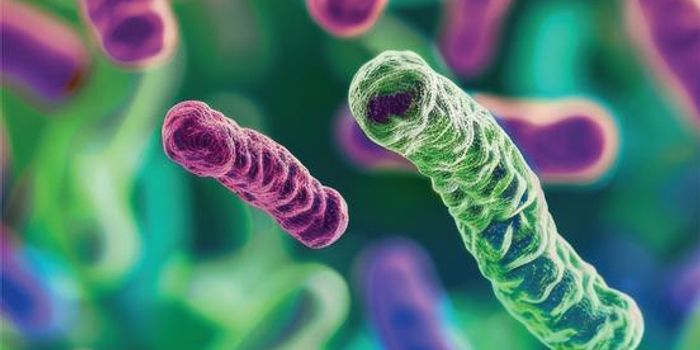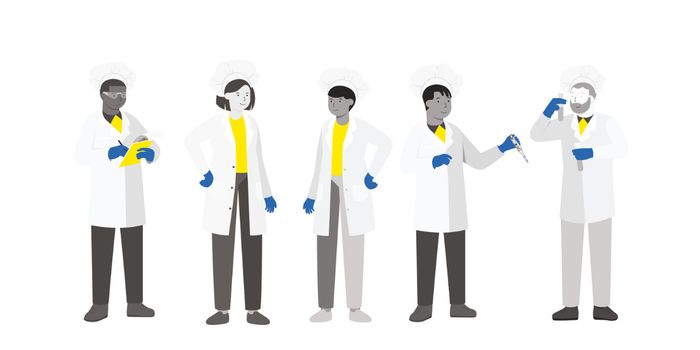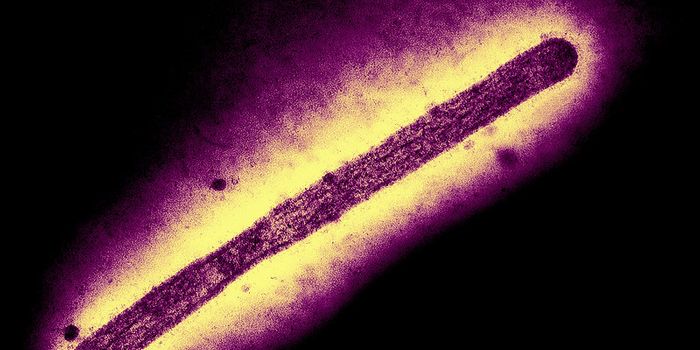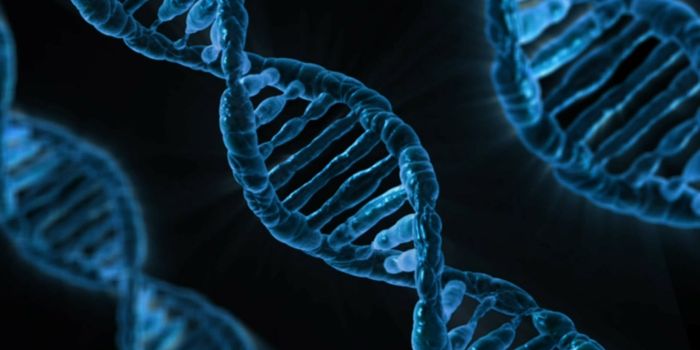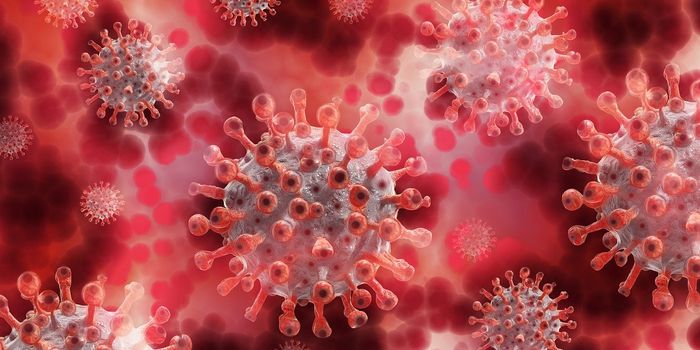Humans have a symbiotic relationship with microorganisms, many of which reside in our gastrointestinal tract, and they can be highly beneficial to our health. New work, reported in the journal Immunity, has indicated that there are two species of bacteria in our gut that can activate cells of our immune system to increase the efficacy of a common anticancer therapeutic.
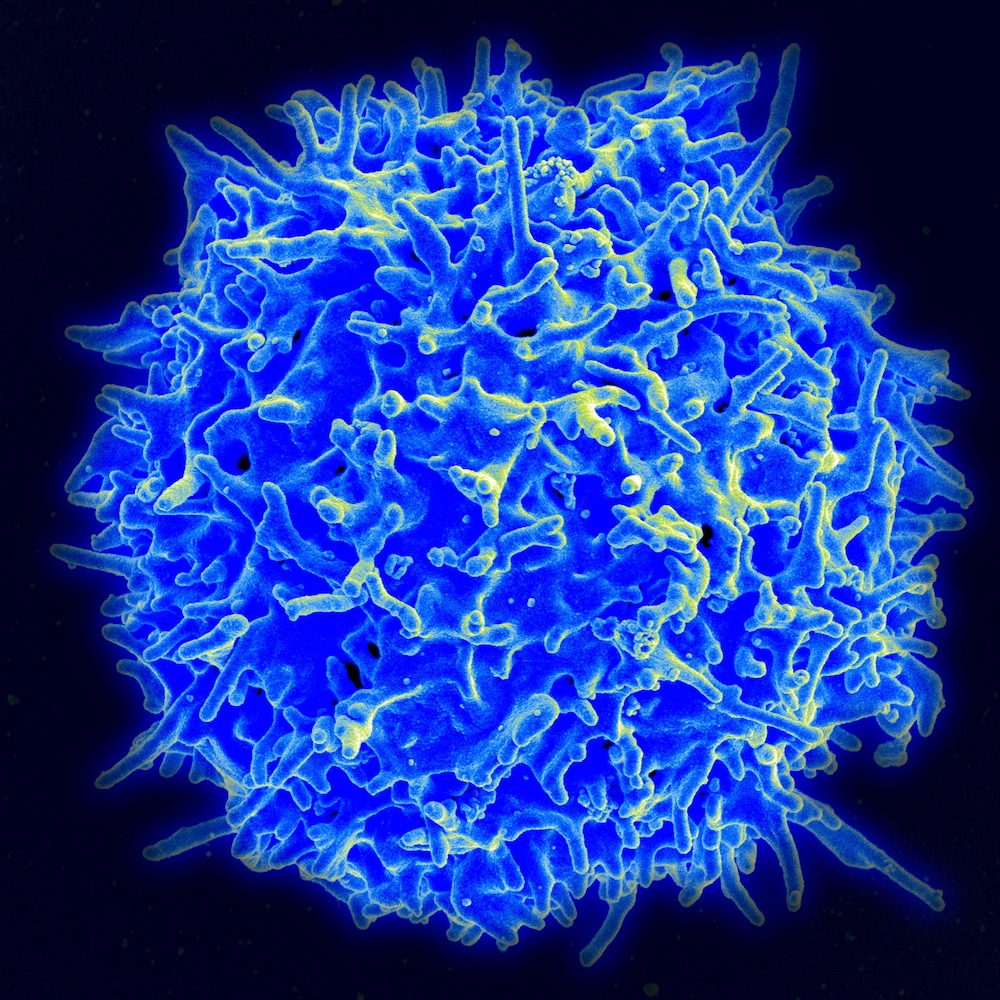
Scanning electron micrograph of a human T cell / Credit: Wikipedia
The bacteria, Enterococcus hirae and Barnesiella intestinihominis, have a role in the activation of immune responses to cancer that involve T cells, which boosts the effects of a chemotherapy drug. The researchers found that the microbe-assisted immune response led to longer survival without additional cancer growth in patients with advanced lung and ovarian cancer that have been given chemo-immunotherapy.
"The anti-cancer drug's efficacy relies on a complex interplay between the microbiome of cancer patients and their ability to mount an efficient immune memory response against some bacteria of the gut microbiota," explained the co-senior author of the study, Mathias Chamaillard, Research Director of the Center for Infection and Immunity of Lille (Inserm/CNRS/Lille University/Institut Pasteur de Lille). "This paradigm opens the way to improve treatment design by either optimizing the use of antibiotics, or implementing supplementation with so-called oncomicrobiotics or their bioactive metabolites, to promote the efficacy of anti-cancer drugs."
Previous work has demonstrated that some gut microbes are able to encourage the growth of tumors, but some are protective against cancer. While in some cases intestinal bacteria can improve the impact of chemotherapy agents, the mechanism this process has remained unclear, as has the identity of the bacterial species that are able to do so.

E. hirae restored the efficacy of CTX in antibiotics-treated mice, E. hirae and B. intestinihominis enhanced cognate anticancer immune responses, NOD2 receptors limit the bioactivity of E. hirae and B. intestinihominis / Credit: Immunity Daillère et al
This new research has shown that E. hirae and B. intestinihominis both work to orchestrate the effects of the chemotherapy drug cyclophosphamide, which is an immunosuppressant used to treat many different types of cancers. The abstract for the publication is shown in the image above. Mouse models were utilized to illustrate that after oral treatment with E. hirae, the antitumor T cell response was activated in the spleen along with the direct lethal effects of cisplatin on a tumor, thus reducing tumor growth. A similar effect was shown in oral treatment of B. intestinihominis; T cells infiltration of various mouse tumors was promoted.
To follow up on the results, the blood T cell responses of 38 patients with advanced lung and ovarian cancer and chemotherapy treatment were analyzed. The investigators learned that memory T cell immune responses specific to E. hirae and B. intestinihominis predicted progression-free survival - the amount of time that a patient lives has the disease, but without it getting worse, during and after treatment.
The researchers hope to identify the exact microbial metabolites or molecules impacting the immune system that can enhance the effects of cyclophosphamide. "Answering this question may provide a way to improve the survival of cyclophosphamide-treated cancer patients by supplementing them with bacterial-derived drugs instead of live microorganisms," Chamaillard concluded.
Sources:
Eurekalert!/AAAS via
Cell Press,
Immunity



